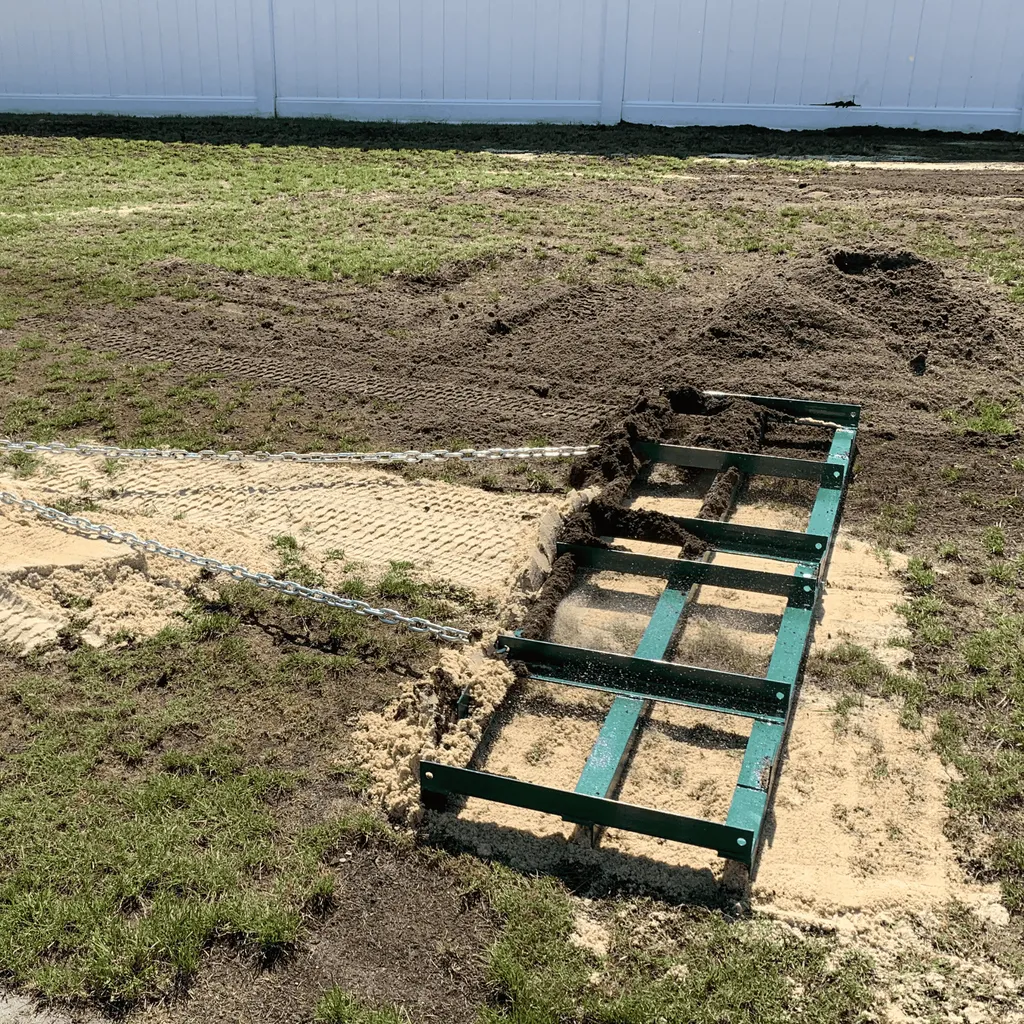Federal agriculture officials recently traded their briefing rooms for a farm field, getting a firsthand look at the technologies reshaping modern agriculture. The Association of Equipment Manufacturers (AEM) hosted its third agricultural equipment Demo Day in Ottawa on August 20, bringing together Assistant Deputy Minister of Agriculture and Agri-Food Canada Tom Rosser and roughly 100 federal staff for live demonstrations of the latest farming innovations.
The event, held at Blackrapids Farm, was AEM’s largest to date, drawing representatives from Agriculture and Agri-Food Canada, the Pest Management Regulatory Agency, the Privy Council Office, the House of Commons, and Innovation, Science and Economic Development. Attendees saw demonstrations from leading manufacturers like Case IH, John Deere, Kubota, Kuhn, Lely, and Salford, featuring precision spraying tools, automated dairy systems, self-repairing machinery, and advanced fertilizer and tillage applications.
The goal? To bridge the gap between policy and practice by showcasing how farmers are leveraging technology to do more with less—an urgent priority as Canada’s agriculture sector faces pressure to modernize and meet rising global demand.
Precision agriculture takes center stage
The demonstrations highlighted how precision agriculture is helping growers optimize inputs, reduce waste, and improve efficiency. Automated spraying systems, for example, use AI and sensors to target weeds with pinpoint accuracy, minimizing chemical use while maintaining crop health. Similarly, advanced tillage and fertilizer application tools allow farmers to tailor soil management practices to specific field conditions, conserving resources without sacrificing yield.
Automation was another key focus, particularly in dairy farming. Robotic milking systems and automated feeding equipment, like those demonstrated by Lely, are already helping producers streamline operations and reduce labor demands—a critical advantage as the industry grapples with workforce shortages.
For regulators, the event offered a rare opportunity to see these technologies in action. “Demo Days give federal officials a unique, hands-on understanding of how precision agriculture tools are transforming Canadian farms,” said Alexander Russ, AEM’s senior advisor for global public policy. The hope is that by witnessing these innovations firsthand, policymakers can better align regulations with the realities of modern farming, fostering an environment where technology can thrive.
A collaborative approach to policy
AEM organized the event in partnership with the Grain Farmers of Ontario, CropLife Canada, and Fertilizer Canada, ensuring a broad range of industry perspectives were represented. The collaboration underscores a growing recognition that advancing agricultural technology requires input from across the sector—from equipment manufacturers to crop producers and nutrient management experts.
The timing of the Demo Day is notable. As federal agencies increasingly prioritize agricultural modernization and regulatory efficiency, events like this serve as a reminder of the tangible benefits technology can deliver. For an industry tasked with feeding a growing global population while navigating climate challenges and labor constraints, precision tools aren’t just an advantage—they’re becoming a necessity.
By fostering direct dialogue between regulators and industry leaders, AEM’s Demo Days aim to accelerate the adoption of technologies that can help Canadian agriculture meet its full potential. Whether it’s through smarter spraying, autonomous machinery, or data-driven decision-making, the message is clear: the future of farming is here, and policy must keep pace.

